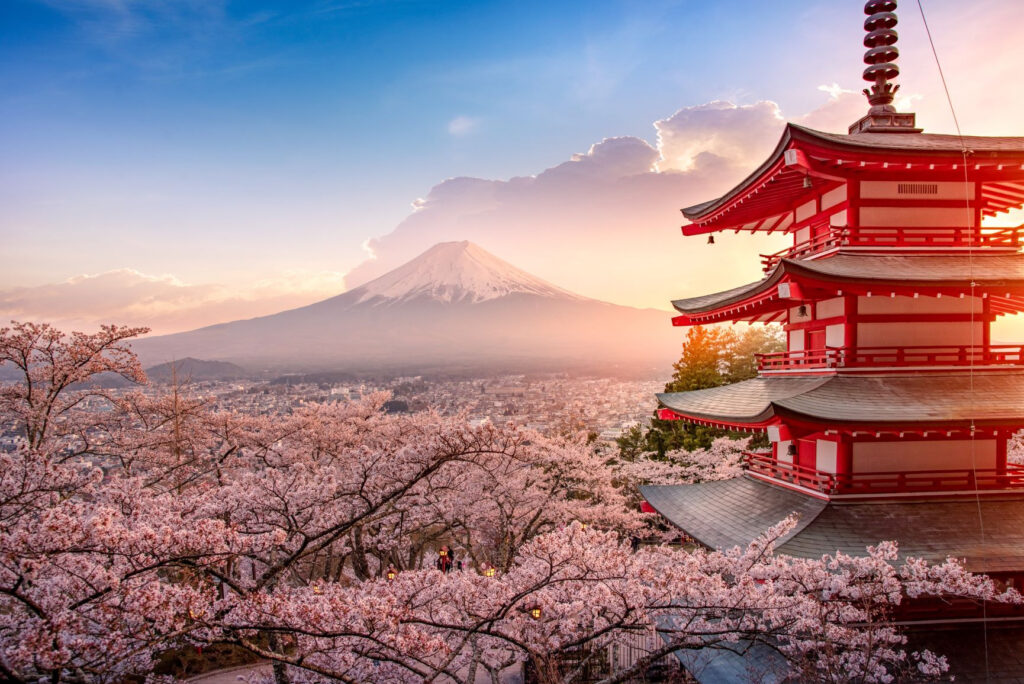Ancient Japan, with its rich history and vibrant culture, offers a captivating glimpse into a bygone era. This article takes you on a journey through the fascinating aspects of ancient Japan, including its legendary samurai warriors, unique religious practices, and the elegant courtly culture that defined the land.

- Early History and Mythical Origins:
Ancient Japan’s history is intertwined with legends and mythical tales. The Shinto religion, with its reverence for nature and ancestral spirits, played a significant role in shaping early Japanese society. The mythical origins of Japan, as depicted in the “Kojiki” and “Nihon Shoki” texts, provide a foundation for understanding the cultural fabric of the country.
- Heian Period and the Imperial Court:
The Heian Period (794-1185) witnessed a flourishing of art, literature, and refined courtly culture in Japan. The imperial court in Kyoto set the stage for the development of intricate rituals, aristocratic pursuits, and the emergence of classic works like “The Tale of Genji.” It was a time when elegance and aesthetics were highly valued.
- Samurai and Feudal Japan:
The rise of the samurai class marked a pivotal era in Japanese history. These skilled warriors adhered to a strict code of conduct known as Bushido, emphasizing loyalty, honor, and self-discipline. The feudal system, with powerful regional lords known as daimyo, shaped the political landscape and led to an era of military governance.
- Buddhism and its Influence:
Buddhism, introduced from China and Korea, gained prominence in ancient Japan. It had a profound impact on various aspects of society, including art, architecture, and religious practices. Buddhist temples and statues, such as those in Nara and Kyoto, became revered centers of spirituality and artistic expression.
- Cultural Traditions and Festivals:
Ancient Japan was known for its rich cultural traditions and vibrant festivals. Tea ceremonies, traditional theater forms like Noh and Kabuki, and the graceful art of flower arrangement (ikebana) continue to be cherished aspects of Japanese culture. Festivals like the Gion Matsuri and Tanabata showcase the nation’s colorful and lively spirit.
Conclusion:
Ancient Japan stands as a captivating chapter in world history, blending mythical origins, refined court culture, and the indomitable spirit of the samurai. The traditions, religious practices, and cultural expressions of ancient Japan have left an enduring legacy that continues to shape modern Japanese society. Exploring the fascinating world of ancient Japan provides a deeper understanding of its unique heritage and the values that still resonate today.
